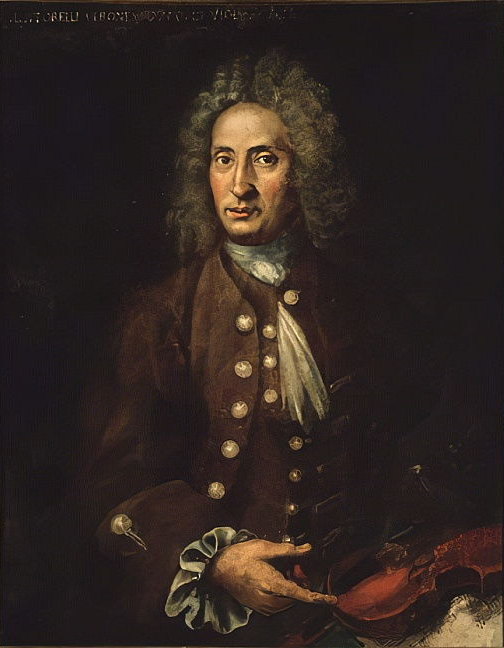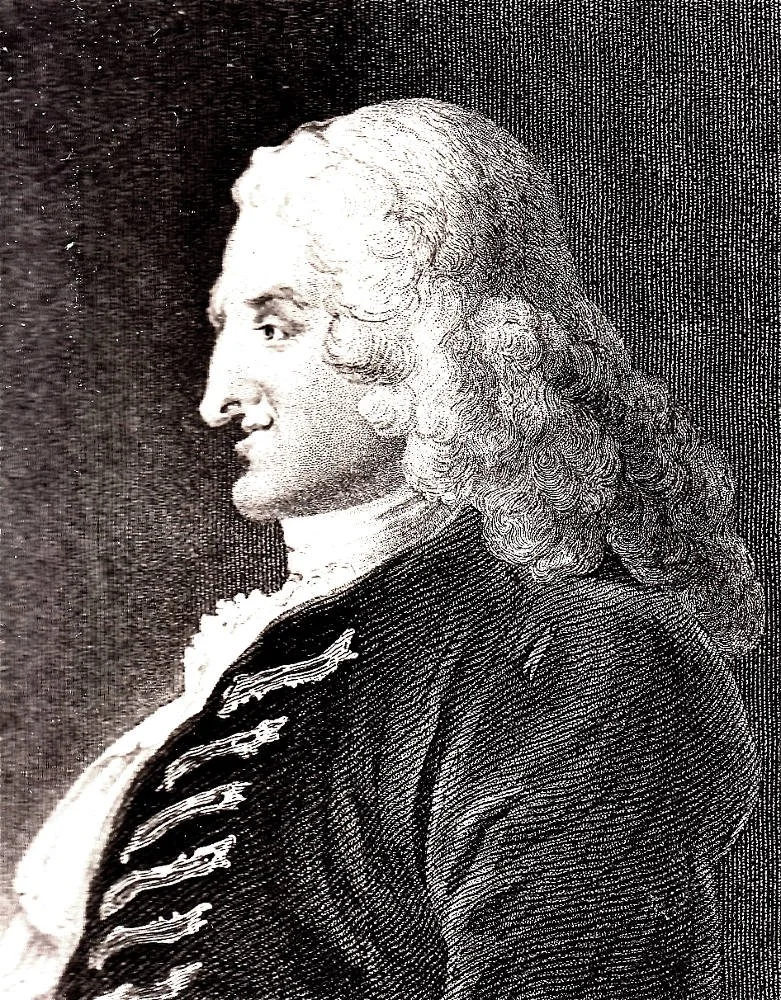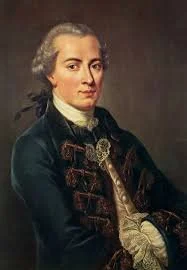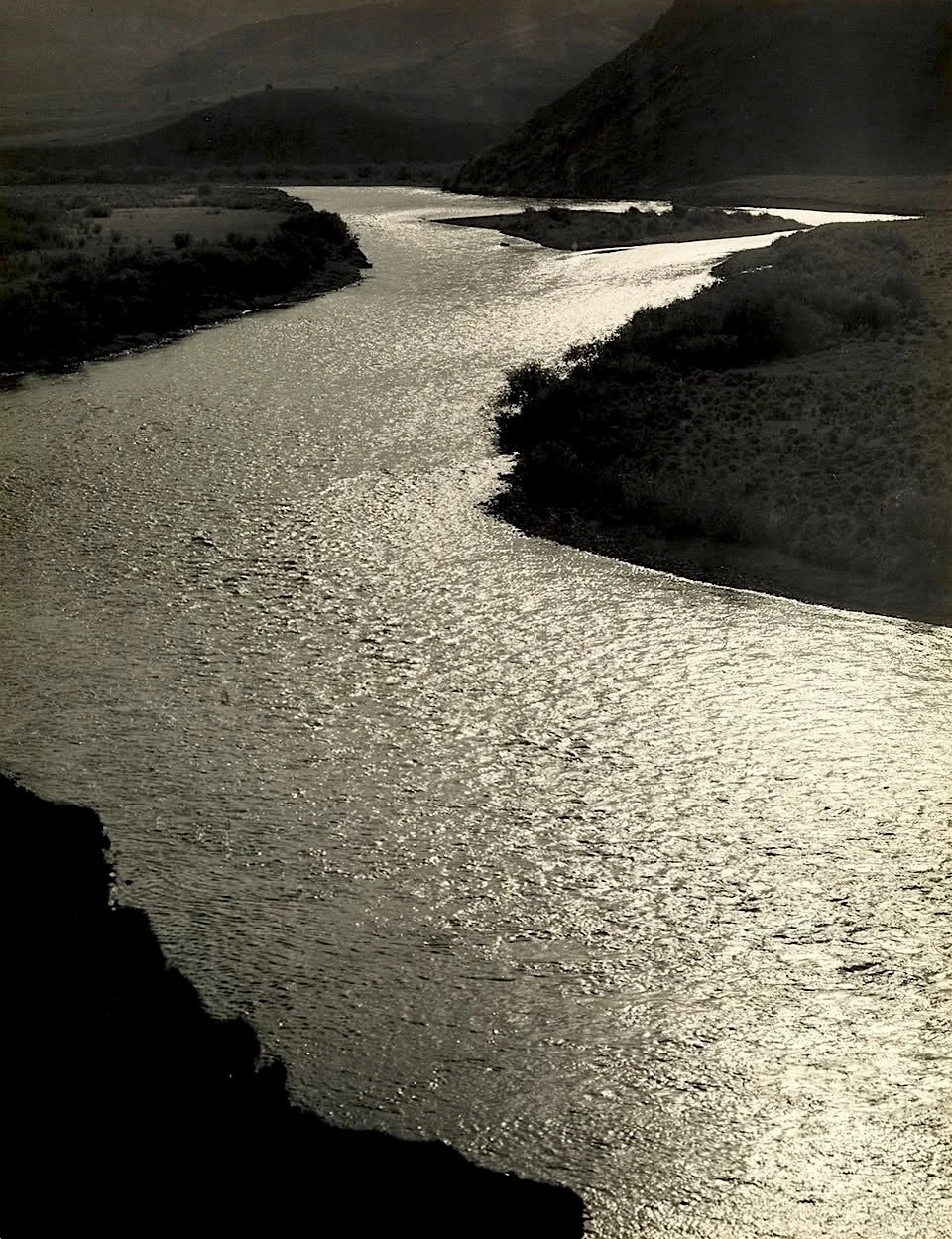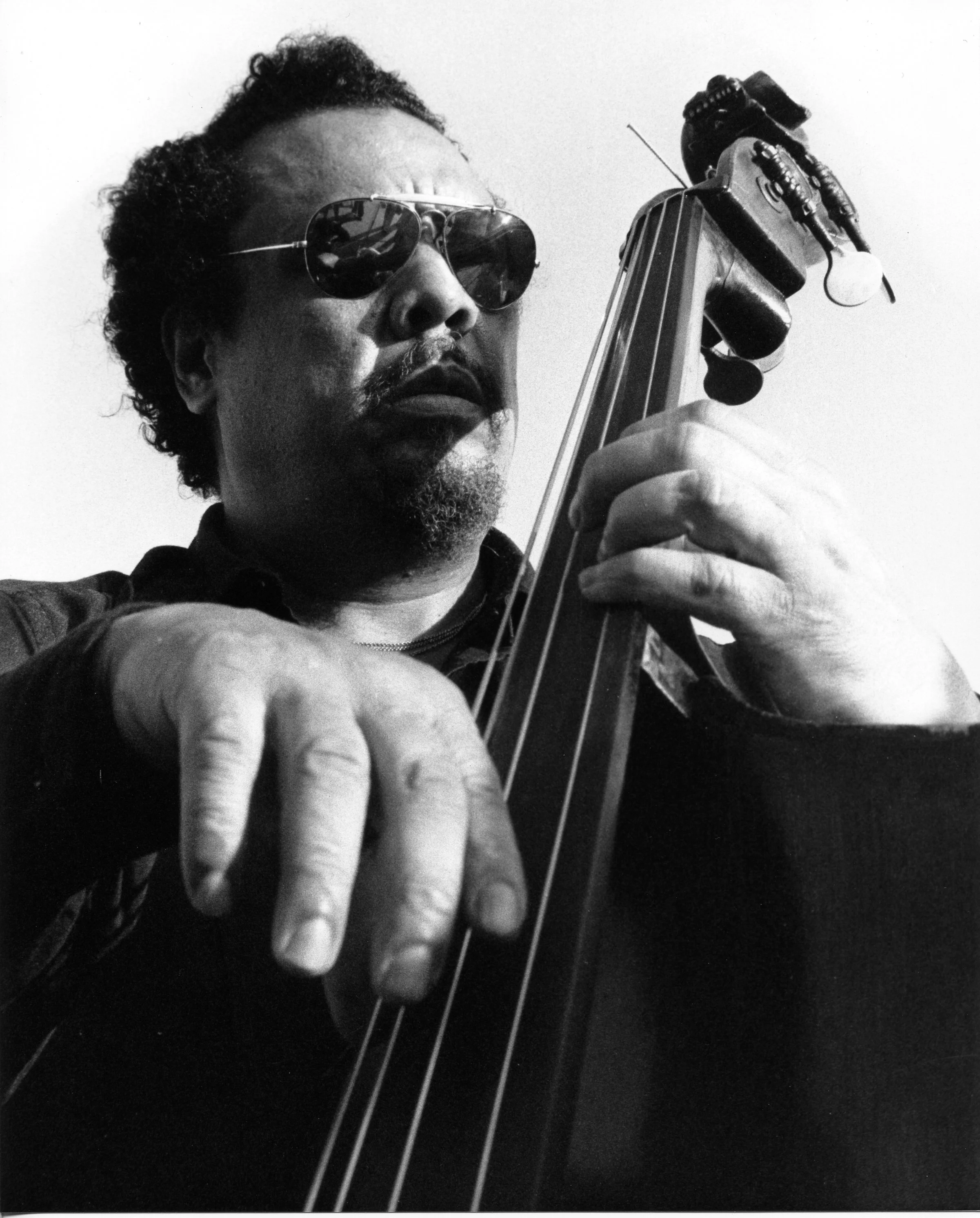APRIL 22
GIUSEPPE TORELLI (April 22, 1658)
April 22 is the birthday of Italian composer GIUSEPPE TORELLI (1658-1709).
Torelli "was an Italian violinist, teacher and composer of the middle Baroque era.
Brother of the painter Felice Torelli, he is most remembered for contributing to the development of the concerto, especially the solo concerto, and for his music for string instruments and trumpet." (Wikipedia
HENRY FIELDING (April 22, 1707)
April 22 is the birthday of English novelist and playwright HENRY FIELDING (1707-1754). One of Fielding's most famous novels is TOM JONES.
"Both religion and virtue have received more real discredit from hypocrites than the wittiest profligates or infidels could ever cast upon them."
"The main theme of the novel is the contrast between Tom Jones's good nature, flawed but eventually corrected by his love for virtuous Sophia Western, and his half-brother Blifil's hypocrisy. Secondary themes include several other examples of virtue (especially that of Squire Allworthy), hypocrisy (especially that of Thwackum) and villainy (for example, that of Mrs Western and Ensign Northerton), sometimes tempered by repentance (for instance Square and Mrs Waters née Jones) ... The novel takes place against the backdrop of the Jacobite rising of 1745. Characters take different sides over the rebellion, which was an attempt to restore Roman Catholicism as the established religion of England and to undo the Glorious Revolution. At one point Sophia Western is even mistaken for Jenny Cameron, the supposed lover of Bonnie Prince Charlie. Good-natured characters are often moderately loyalist and Anglican, or even supporters of the House of Hanover, while ill-natured characters (Mrs Western) or mistaken ones (Partridge) can be Jacobites, or (like Squire Western) anti-Hanoverian." (Wikipedia)
IMMANUEL KANT (April 22, 1724)
April 22 is the birthday of German philosopher IMMANUEL KANT (1724-1804).
"He who is cruel to animals becomes hard also in his dealings with men. We can judge the heart of a man by his treatment of animals."
"Ingratitude is the essence of vileness."
"Two things awe me most, the starry sky above me and the moral law within me."
Kant "was a German philosopher and one of the central Enlightenment thinkers. Born in Königsberg, Kant's comprehensive and systematic works in epistemology, metaphysics, ethics, and aesthetics have made him one of the most influential and highly discussed figures in modern Western philosophy.
In his doctrine of transcendental idealism, Kant argued that space and time are mere "forms of intuition" that structure all experience, and that the objects of experience are mere "appearances". The nature of things as they are in themselves is unknowable to us. Nonetheless, in an attempt to counter the philosophical doctrine of skepticism, he wrote the Critique of Pure Reason (1781/1787), his best-known work. Kant drew a parallel to the Copernican Revolution in his proposal to think of the objects of experience as conforming to our spatial and temporal forms of intuition and the categories of our understanding, so that we have a priori cognition of those objects." (Wikipedia)
LAURA GILPIN (April 22, 1891)
April 22 is the birthday of American photographer LAURA GILPIN (1891-1979).
"A river seems a magic thing. A magic, moving, living part of the very earth itself."
Gilpin "is known for her photographs of Native Americans, particularly the Navajo and Pueblo, and Southwestern landscapes. Gilpin began taking photographs as a child in Colorado and formally studied photography in New York from 1916 to 1917 before returning to her home in Colorado to begin her career as a professional photographer." (Wikipedia)
To see examples of Gilpin’s photography, CLICK HERE.
VLADIMIR NABOKOV (April 22, 1899)
April 22 is the birthday of the Russian-American novelist, poet, translator, and entomologist VLADIMIR NABOKOV (1899-1977).
“The cradle rocks above an abyss, and common sense tells us that our existence is but a brief crack of light between two eternities of darkness. Although the two are identical twins, man, as a rule, views the prenatal abyss with more calm than the one he is heading for (at some forty-five hundred heartbeats an hour).”
— Vladimir Nabokov, Speak, Memory
Nabokov "wrote his first nine novels in Russian (1926–1938) while living in Berlin, where he met his wife, Véra Nabokov. He achieved international acclaim and prominence after moving to the United States, where he began writing in English. Nabokov became an American citizen in 1945 and lived mostly on the East Coast before returning to Europe in 1961, where he settled in Montreux, Switzerland.
From 1948 to 1959, Nabokov was a professor of Russian literature at Cornell University. His 1955 novel Lolita ranked fourth on Modern Library's list of the 100 best 20th-century novels in 1998 and is considered one of the greatest works of 20th-century literature. Nabokov's Pale Fire, published in 1962, ranked 53rd on the same list. His memoir, Speak, Memory, published in 1951, is considered among the greatest nonfiction works of the 20th century, placing eighth on Random House's ranking of 20th-century works. Nabokov was a seven-time finalist for the National Book Award for Fiction. He also was an expert lepidopterist and composer of chess problems. Time magazine wrote that Nabokov had 'evolved a vivid English style which combines Joycean word play with a Proustian evocation of mood and setting.'" (Wikipedia)
YVETTE CHAUVIRÉ (April 22, 1917)
April 22 is the birthday of ballerina YVETTE CHAUVIRÉ (1917-2016).
"She is often described as France's greatest ballerina and was the coach of prima ballerinas Sylvie Guillem and Marie-Claude Pietragalla. She was awarded the Légion d'Honneur in 1964." (Wikipedia)
CHARLIE MINGUS (April 22, 1922)
April 22 is the birthday of the great jazz double bassist, pianist, composer, and bandleader CHARLIE MINGUS (1922-1979).
"Creativity is more than just being different. Anybody can play weird; that's easy. What's hard is to be as simple as Bach. Making the simple, awesomely simple, that's creativity."
Mingus "was an American jazz upright bassist, composer, bandleader, pianist, and author. A major proponent of collective improvisation, he is considered to be one of the greatest jazz musicians and composers in history, with a career spanning three decades and collaborations with other jazz greats such as Duke Ellington, Charlie Parker, Max Roach, and Eric Dolphy. Mingus' work ranged from advanced bebop and avant-garde jazz with small and midsize ensembles, to pioneering the post-bop style on seminal recordings like Pithecanthropus Erectus (1956) and Mingus Ah Um (1959), and progressive big band experiments such as The Black Saint and the Sinner Lady (1963)." (Wikipedia)

